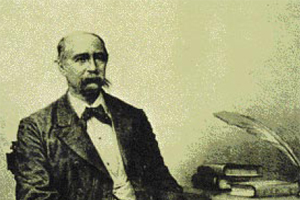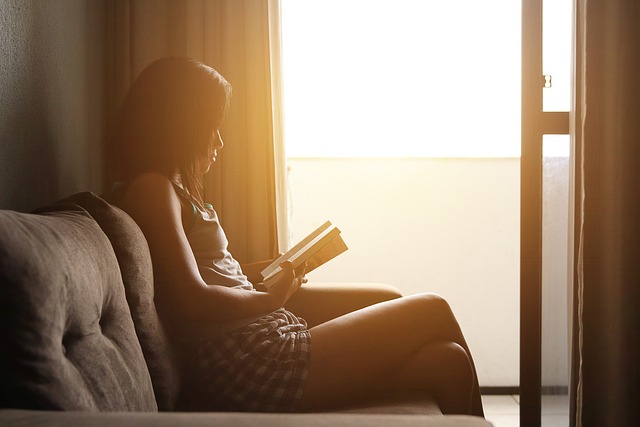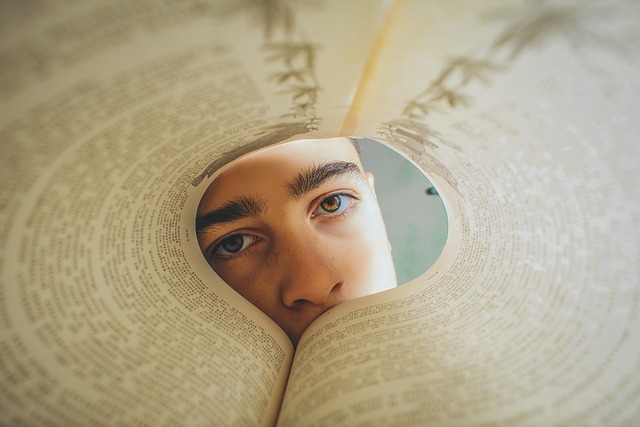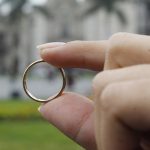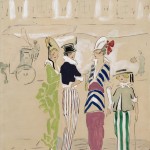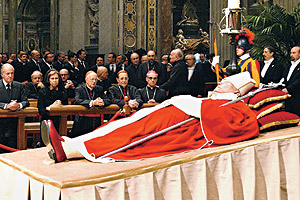He was born in Copiapo on February 27th, 1826, and he studied an the Conciliar Seminary and at the Instituto Nacional (National Institute); in addition, he received private lessons from Andres Bello.
In 1841, when he was going to finish the course of Roman Law at the university, his father sent him to Europe, where he continued studying philosophy and literature.
He returned to Chile in 1848; around that time he published a few verses he composed in the Revista de Santiago (Santiago Magazine). He also wrote in the Picaflor (Hummingbird) and then in La Revista (The Magazine). Along with other young men of the time, he founded the Society of Primary Instruction.
He began his political career in 1855 when he was elected deputy for Copiapo and then reelected in 1858.
One year earlier (1857) he had resigned from the Liberal party, becoming part of a new group of reformist youngsters that would later make up the Radical party. It proposed reforming the Constitution of 1833, the universal right to vote, freedom of religion and secular education.
On September 12th, 1858, he met with other liberals at the headquarters of the Philharmonic to protest against president Manuel Montt. This caused Matta to be banished to Liverpool (England). He remained in Europe for two years, and later he was in Peru. He returned to Chile in 1862 when president Jose Joaquin Perez granted him amnesty. He soon founded La Voz de Chile (The Voice of Chile) newspaper.
In 1864 he was elected deputy for Copiapo and Caldera, being reelected for four consecutive terms between 1867 and 1879. In 1876 he was president of the Chamber of Deputies. Later, he was elected senator for Atacama between 1879 and 1882 and was reelected between 1882 and 1885.
In November of 1880, the first Ordinary Convention of the Radical party was held, which was presided by Matta.
He was against Jose Manuel Balmaceda’s government, reason for which he was arrested for being the leader of a secret committee. Due to this, he was in Buenos Aires for the revolution of 1891. Upon his return, he was named minister of Foreign Relations, Cult and Colonization (September 12th, 1891), position he resigned from.
He passed away on June 12th, 1892.
